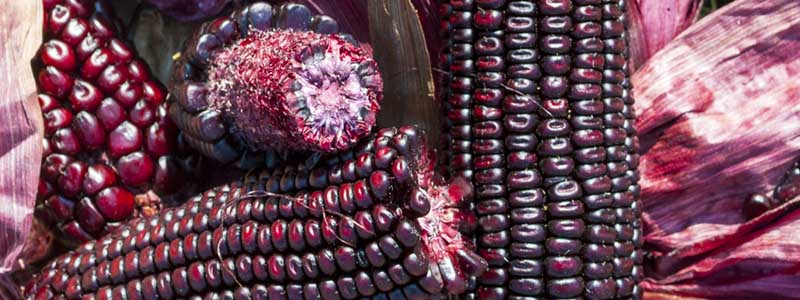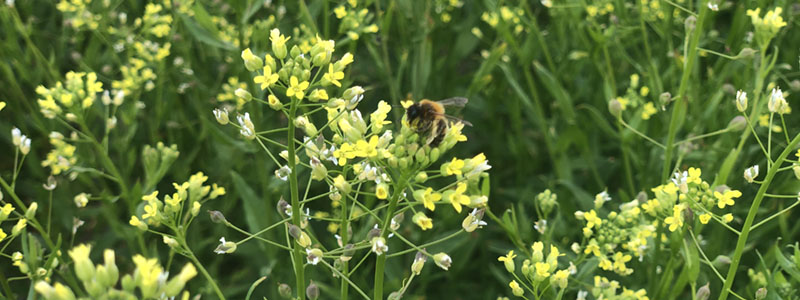The new role of Agriculture in Sustainability, profitability and healthy aging.
The exploitation of primary agricultural resources, above all characterized in the last millennium by a substantial increase in the population, has led to a decrease in their availability with evident repercussions on the economic and social development rural areas.
Talking about sustainability, today. is not enough. It is imperative to focus on new and more profitable forms of cultivation, paying attention to the environment and to the territorial development: new agricultural strategies must be adopted, innovative and sustainable principles have to be applied at every stage of the production process, aimed at preventing and reducing the environmental impact by pursuing health and safety objectives. It is imperative to switch to a more profitable and qualitatively higher cultivation.
The search for new plant varieties, suitable for climate change and able to provide new sources of nutrition and well-being, must become the cornerstone for the growth of a new way of seeing agriculture. Developing, for instance, a new variety of pigmented corn, capable of accumulating anthocyanins, not only can benefit the diet but can also raise the quality of the product in favor of a more competitive strategy for an economic development of the territory. Farmers can explore new ways of earning: cob, normally abandoned on the ground or used as a raw material for biofuels, is an additional source of functional and active ingredients such as natural dyes for food and textiles, for cosmetics and supplements. Corn flour, colorful and functional, can be a commercial innovation in the farmer's economy.

The world trend is already focused on the transition from the linear to the circular economic model based on the sharing, reuse, recycling and recovery of existing materials and products, limiting the input of materials and energy as much as possible and minimizing waste and losses, at every stage of the process. This economic model, from a Green Chemistry point of view, represents the integration of various issues such as the protection of biodiversity, the quality and quantity of food, food safety and healthiness and the climate change mitigation.
Territorial Development, through the conversion of local agriculture into an Agri-nutrition culture, has to be made possible through rigorous cultivation protocols. The approach to sustainable agriculture reduces the impact on the environment thanks to the definition of agronomic practices able to respect the needs of the plant and to optimize the content of bioactive compounds. The abuse of hazardous substances to health and the environment, pesticides and herbicides, has to be finally banned.
Agri-food and Agriculture in general must be rethought in terms of Life Cycle Thinking: combining agriculture and sustainable transformation means producing and transforming agricultural products in a competitive and efficient way responding to the need to protect the environment and natural resources.


